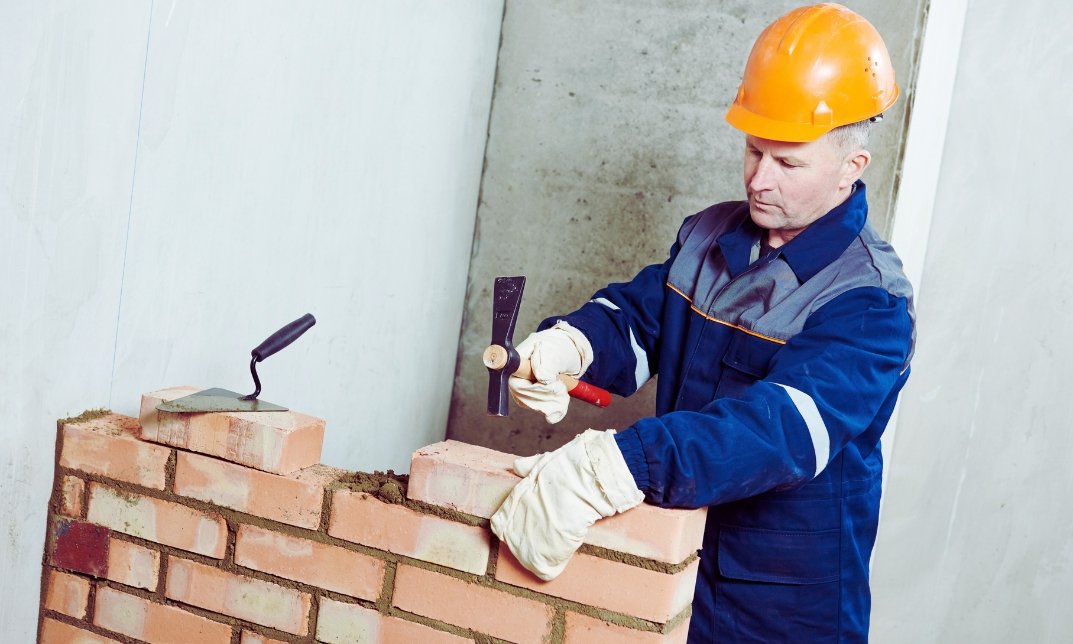No products in the cart.
In a world where safety is paramount, CCTV workers are crucial for keeping people and property safe. But what do they have to do, and why is it so important that they do it? This blog will discuss the responsibilities and skills needed for this important job in detail, giving you a full picture of what it means to be a CCTV operator.
Understanding the Role of a CCTV Operator
CCTV operators are vital in monitoring security footage to prevent and detect crime. They work in a control room, watching live footage on multiple screens connected to cameras placed strategically around the premises. Their primary responsibility is to protect people, property, and data by identifying suspicious activities and responding appropriately.

Key Responsibilities
Operating Surveillance Equipment
- CCTV operators must be proficient in using various types of surveillance equipment. This includes switching out videotapes, compact discs, memory cards, and hard drives as needed. They also need to ensure that all equipment is functioning correctly and perform any necessary maintenance.
Monitoring and Observing
- A significant part of a CCTV operator’s job is to watch live footage and remain vigilant for any unusual or suspicious activities. This requires a high level of concentration and attention to detail, as they must be able to quickly identify and assess potential threats.
Recording and Storing Footage
- Properly recording and storing footage is crucial, as it may be needed as evidence in legal proceedings. Operators must ensure that footage is catalogued correctly for easy retrieval. This task requires an organised approach and familiarity with storage protocols.
Reporting Incidents
- When suspicious or illegal activities are observed, CCTV operators are responsible for reporting these incidents to the appropriate authorities. They must provide detailed information, such as descriptions of individuals or vehicles involved, to assist in investigations.
Collaborating with Security Personnel
- CCTV operators often work closely with on-site security staff or law enforcement. They provide real-time information and intelligence, helping to coordinate responses to incidents. Effective communication skills are essential in this aspect of the job.
Skills Required for a CCTV Operator
Being a CCTV operator demands a combination of technical and interpersonal skills. Here are some key skills necessary for the role
- Attention to Detail: Operators must be able to notice small details that could indicate suspicious behaviour.
- Technical Proficiency: Familiarity with CCTV technology and video management software is crucial.
- Communication Skills: Clear and concise communication is necessary when reporting incidents or coordinating with security teams.
- Problem-Solving Abilities: Operators need to think quickly and logically to respond to emergencies effectively.
Challenges Faced by CCTV Operators
The job of a CCTV operator is not without its challenges. Here are some common difficulties they encounter:
- High Pressure: The role can be stressful, especially when monitoring multiple screens and responding to potential threats.
- Monotony: Spending long hours in a control room can be monotonous, requiring operators to maintain focus and vigilance.
- Emotional Impact: Operators may witness disturbing footage, which can be emotionally taxing. They must remain calm and composed in such situations.
The Importance of CCTV Operators
CCTV operators are essential in maintaining safety and security in various environments, from shopping centres to public transport systems. Their work helps deter criminal activity and provides valuable evidence in investigations. Moreover, they play a crucial role in safeguarding individuals who may be working alone or in isolated areas.
Why Their Role Matters
- Crime Prevention: By monitoring live footage, operators can detect and prevent crimes before they occur.
- Evidence Collection: Recorded footage serves as critical evidence in legal cases, aiding law enforcement in solving crimes.
- Public Safety: Operators contribute to the overall safety of the public by ensuring that surveillance systems are effectively managed.
Conclusion
The responsibilities of a CCTV operator are diverse and demanding. They require a unique set of skills and the ability to handle high-pressure situations. As we have explored, their role is crucial in maintaining security and safety in various settings. By understanding the responsibilities of a CCTV operator, we can appreciate the significant impact they have on our daily lives. Whether it’s preventing crime or providing evidence, CCTV operators are an integral part of modern security systems.





